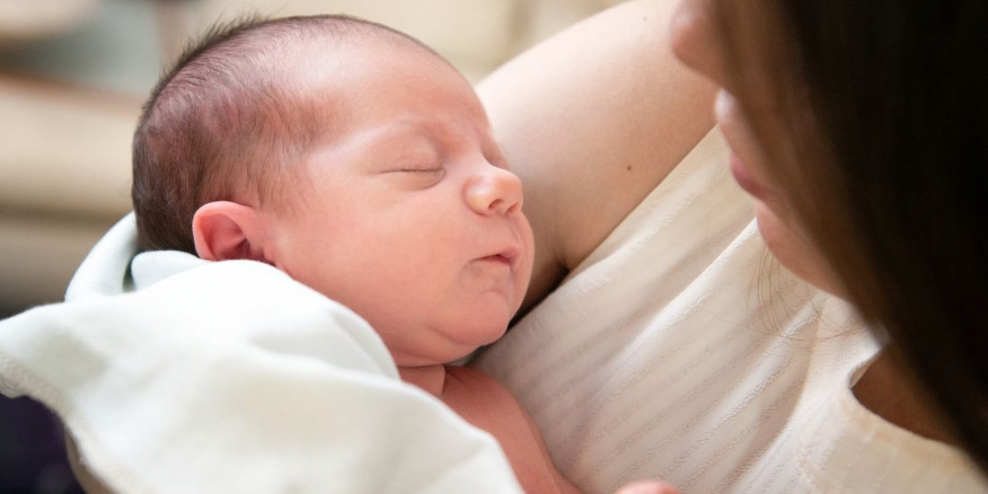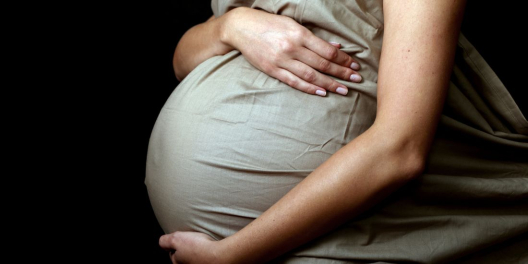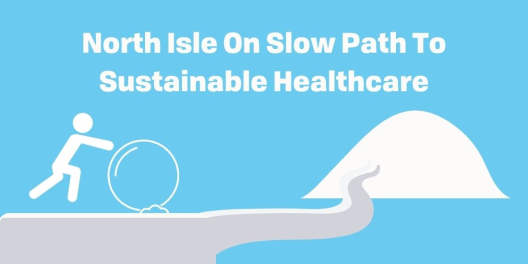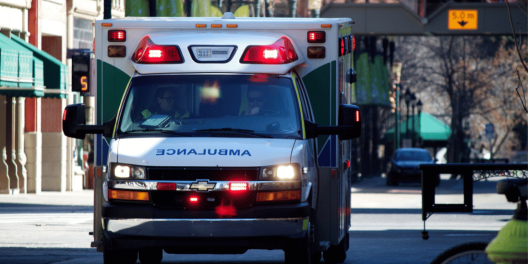Having kids is a stressful process no matter where you do it.
But on the NorthIsle, it’s a lot more stressful than average—both physically and financially.
Maternity services here are severely lacking. Most residents will have to travel hours to get healthcare and safely bring their babies into the world.
For Darci Kostiuk, a mother in Port McNeil, having her first baby cost nearly $4,000.
She had to live in a hotel in Campbell River for the weeks leading up to her emergency C-section, while her husband had to go in between to visit while continuing to work.
When her baby finally had to be brought into the world ahead of schedule, her husband couldn’t even make it to the delivery room in time.
“Every time my husband left, it was like I was getting more and more emotional about it … it felt wrong the last time he left,” she told CBC News.
“To think I’d be rolling into an operating room without my husband, I’d never even imagined that would happen.”
But it’s an unfortunate reality for a lot of folks who go through the exact same issue.
Besides the extra expenses families have to pay out of pocket, the stress pregnant people are put through by having to travel has been proven to be hard for more than just parents.
The infant mortality rate is three times higher for babies whose parents have had to travel more than four hours for delivery.
If they have to drive just two hours, the rates of pre-term births and lower birth rates still go way up.
Giving birth locally is vital for a baby’s health, said Jude Kornelsen. She’s an expert in rural maternity care at the University of British Columbia.
“The last thing we want to do is be stressing out people who are about to give birth,” she said to the CBC.
There are some resources to help ease the stress a bit.
Kostiuk, for example, cut expenses down by staying at the Qwalayu House in Campbell River, a charity-run, low-cost facility for people waiting to give birth.
The province also has a travel assistance program. This helps with free or discounted fees with transportation partners, like BC Ferries, for health-related travel within the province.
But it doesn’t cover any gas, meals, or accommodation.
What really needs to happen, is expanded healthcare and midwifery services in our rural communities.
The Ministry of Health has said expanding midwife-run maternity care in rural communities is a priority.
There’s already a midwife program running in Port Hardy. But it doesn’t do much for any high risk patients.
It only helps with low-risk pregnancies.
That means no twins or triplets, no one with pre-existing health conditions, absolutely no one who has or has had pregnancy complications, and sometimes they won’t even take first-time parents.
The thing is, pregnancies are generally complicated. So that leaves almost everyone to seek out alternative care.
But at the moment, services have been far from expanding. If anything, they continue to disappear.
According to BC’s Ministry of Health, rural maternity services have closed at an alarming rate. Twenty rural maternity sites have closed in the last 20 years.
Most often, this is because there aren’t enough births each year to keep and train new staff, says the Ministry.
There are only 15 remaining sites with maternity services in rural areas across the province.
Just one more aspect of BC’s healthcare crisis that needs to change.










